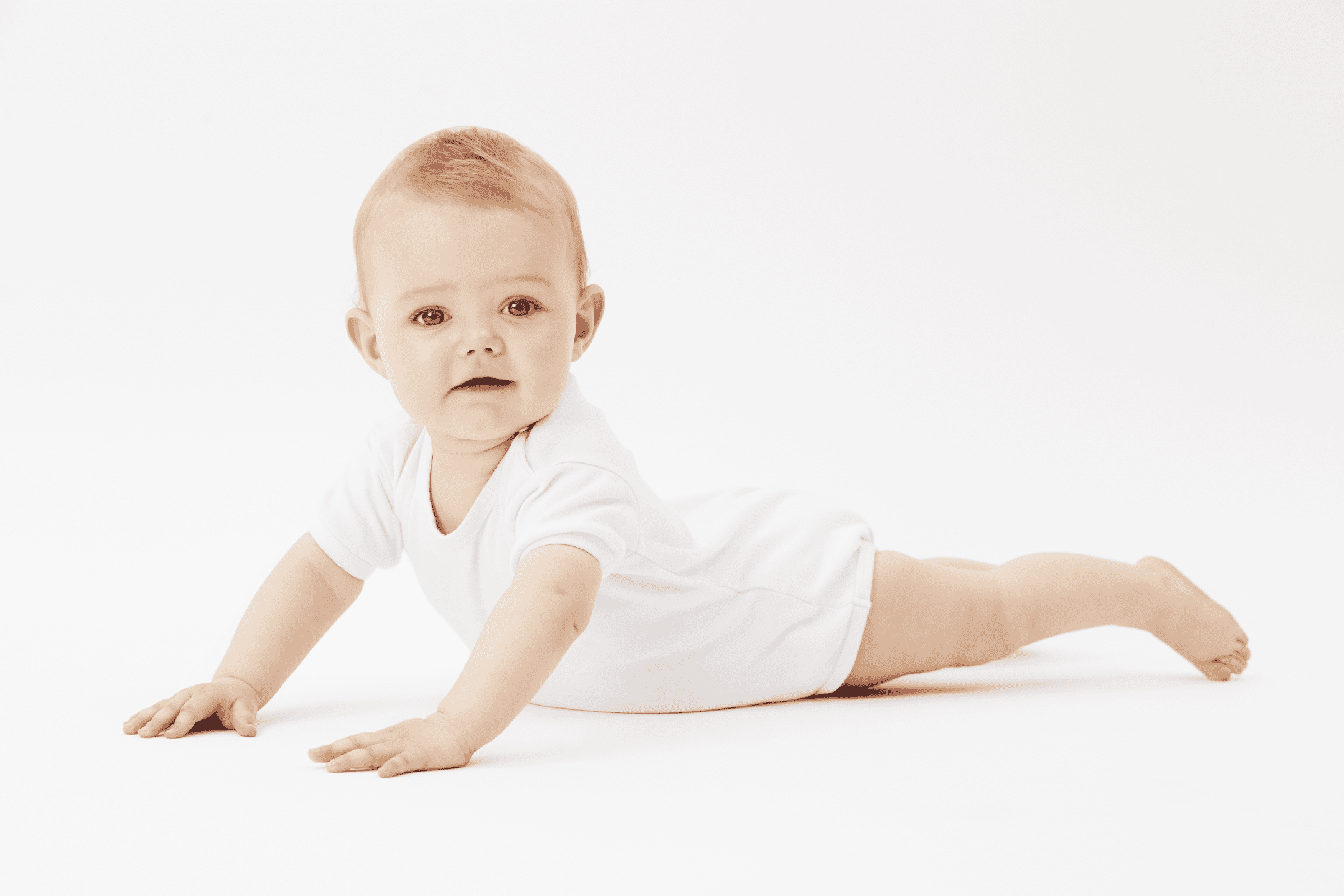
What do you need to know about your baby’s teeth?
FOR DR.ROZE BIOHEALTH CLINICS | 27.06.2022
Table Of Contents
- At what age comes the first baby tooth?
- Are baby teeth important?
- What age should they stop the pacifier/thumb sucking?
- At what age should you have all your permanent teeth?
- At what age should a child have their first dental visit?
- What are the toddler’s symptoms of toothache?
- What age should children start brushing their teeth?
At Dr. Roze BioHealth Clinics we want you to feel assured that you are well taken care of, as well as your family and your little loved ones. We are also here to look after your baby’s pearly whites and here is what you need to know about your baby’s teeth development.
1/- At what age comes the first baby tooth?
The first “baby” or primary tooth usually appears around 6 months old. Typically, the first teeth to appear are almost always the lower front teeth, we call them the lower central incisors, and most children will have all of their baby teeth by the age of 3.
2/- Are baby teeth important?
Baby teeth have an important role as your child grows. They help your child chew, speak and smile. They also act as a placeholder, maintaining space in the jaws for permanent teeth that are growing under the gums.
3/- What age should they stop the pacifier/thumb sucking?
Most children stop using the pacifier between the age of 2 and 3. The thumb is trickier but usually they will drop it on their own by 4-5 years old. Children who continue these habits into childhood are more likely to have malocclusion, growth alterations and nasty tongue thrusting habits will increase!
4/- At what age should you have all your permanent teeth?
At the age of 12 you should have 28 permanent teeth. At 18, you should have all your permanent teeth including the wisdom teeth and by then you will have 32 teeth.
5/- At what age should a child have their first dental visit?
Well children should see a dentist when they get their first baby tooth, or by about 12 months at the latest. Therefore, the first dental visit is important because the dentist can give insightful information on early childhood caries (also called baby bottle tooth decay), infant nursing practices, mouth cleaning, teething, pacifier habits and finger-sucking habits. Furthermore, this early introduction of the child in the dental environment can help him to build trust and to reduce any chance of anxiety when visiting the dentist in older life.
6/- What are the toddler’s symptoms of toothache?
The most common symptoms of a toothache are sensitivity after consumption of sweets, hot or cold food or liquids, pain on pressure, pain on biting, a spontaneous random pain worsened at night, a pain in the gum around the tooth, and a fever. Because of a toothache your child could be also fussy and tired.
7/-What age should children start brushing their teeth?
Even when the baby doesn’t have any teeth you can start by brushing his gums softly with a soft toothbrush or a moist gauze at least once a day. Then once his first teeth do erupt, you can use a small amount like a smear of a toothpaste. At the age of 3, you can increase to about a pea-sized amount of toothpaste. You still need to help and assist the child through the process of brushing and get him to spit out instead of swallowing excess of toothpaste.
BOOK NOW
SUBSCRIBE TO OUR NEWSLETTER
You have undeniably aware of the importance of preserving your health and the essence of a body and mind balance. The growing emphasis on well-being, organic foods and our energies are hot topics in today’s health field. Let us help you keep up-to-date with news from doctors, patients, nurses and nutrition, sports and lifestyle specialists.
